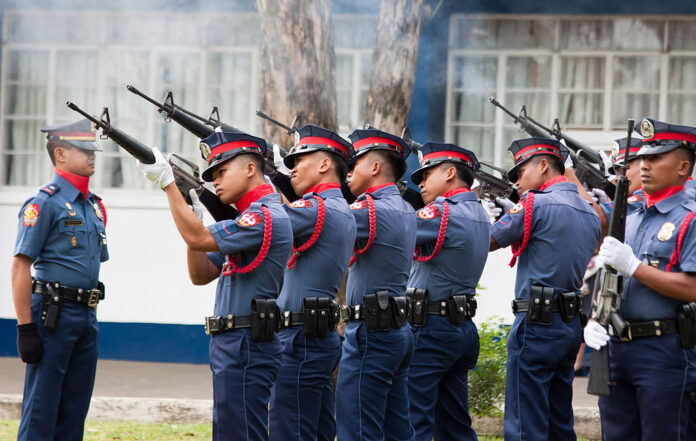Canada has issued a travel advisory to its citizens to exercise a high degree of caution in traveling to the Philippines, particularly in Mindanao.
The Canadian government released the travel advisory on April 10, 2017 due to the threat of terrorism and high level of crime in the Philippines.
“Global Affairs Canada advises against all travel to the Mindanao region, excluding urban areas of Davao City, due to the serious threat of terrorist attacks and kidnapping. The government of Canada’s ability to provide consular assistance in this region is limited,” the Canadian government said in its advisory.
The Canadian government also said citizens must avoid all travel in the Sulu archipelago and through the southern Sulu Sea, including waters off southern Palawan Island, due to the threat of piracy and kidnappings in this area.
“There are identifiable safety and security concerns or the safety and security situation could change with little notice,” the Canadian government said.
“You should exercise a high degree of caution at all times, monitor local media and follow the instructions of local authorities,” it added.
The Canadian government also called for alert against the danger of kidnap-for-ransom incidents.
“Since late 2015, cases of kidnapping involving foreigners have become more frequent. Victims have been subjected to extremely harsh treatment for prolonged periods, and there has been an increase in the number of foreigners executed by their captors,” the advisory noted.
It said that the threat is particularly high in the Mindanao Region and surrounding areas, but could also occur in locations outside the region, especially in coastal areas. Boaters in waters around Mindanao and in the Sulu Sea, as well as visitors to southern Palawan Island, southern Negros Island or Siquijor Island, may also face an elevated threat of kidnapping.
On April 9, 2017, the U.S. Embassy in the Philippines sent a security message to U.S. citizens, indicating that it has received “unsubstantiated yet credible information that terrorist groups may attempt to conduct kidnappings in Central Visayas, which includes both Bohol and Cebu provinces.”
The Philippine National Police confirmed on April 10, 2017 the existence of terror threats in Central Visayas following an advisory of the US Embassy in Manila to its citizens to avoid visiting the region.
PNP chief Director General Ronald dela Rosa, in a press conference in Camp Crame, said police in Central Visayas monitored the threat in the region but said the PNP was ready to thwart such terrorist attacks.
The United States Embassy, in a statement, said it has received unsubstantiated yet credible information that terrorist groups may attempt to conduct kidnappings in Central Visayas, which includes both Cebu and Bohol provinces.
American citizens were advised to carefully consider such an information as they make their travel plans, and to review personal security plans, avoid large crowds and gatherings, and remain vigilant at all times.
Dela Rosa reminded tourists to avoid travel to places with a history of kidnapping or areas where the Abu Sayyaf bandits are active.
The US had issued previous travel warning in December last year in the wake of terror threats from Sulu-based groups.
Security concerns were heightened by the recent arrest of two ISIS members, Husayn Al-Dhafiri, a Kuwaiti citizen, and Rahaf Zina, a Syrian national, in a safe house in Taguig City.
Philippine President Rodrigo Duterte on April 10 assured tourists that they have nothing to worry about despite the warning from the US Embassy.
Before leaving for a three-country swing in the Middle East, Duterte vowed he would deal harshly with terrorists.



